The Bible tells us that the stories of the Old Testament were recorded “as examples to keep us from setting our hearts on evil things as they did” (1 Corinthians 10:6 NIV84). And perhaps no story contrasts more effectively the differences between the methods of God and the methods of this sinful world than the story of Joseph.
Ever since Adam and Eve sinned, two antagonistic principles have been contending for the supremacy of every human heart and mind: God’s methods of truth, love, and freedom have been warring against Satan’s lies, fear-driven selfishness, and coercion.
These Bible stories reveal that without God’s love working in our hearts, fear and selfishness (sin) corrupts us and will lead us to betray and exploit others, even those closest to us—our own families. These stories reveal the unavoidable results of sin—which is anti-love, selfishness, and fear, the survival drives.
These stories document that it is sin, not God, that destroys and how that destruction happens. Further, they reveal that the only solution to sin is God’s law of love, His methods and principles applied to the life.
Tale of Injustice
Joseph’s brothers allowed their fear, selfishness, and jealousy to take control of their hearts, minds, and actions. Had they truly loved Joseph, they would have celebrated him and rejoiced when their father honored him. But they loved themselves more. So they sold him as a slave and misled their father into believing Joseph had been killed by wild animals.
Joseph suffered terrible injustice from his own brothers. His human rights were violated. He was not treated as an individual but as property. He was taken by slave traders and sold in a slave market to Potiphar.
There is no question that what happened to Joseph was wrong; it was sin; it was unjust. Yet, Joseph had no ability to stop it. He could not control the choices of others. Thus, Joseph had to decide how he would, in governance of self, deal with the many injustices. Would he become resentful, bitter, hateful? Would he fantasize about getting even with his brothers? Would he pray to God to take vengeance upon the Egyptians? Would he seek to sabotage and injure those who treated him as a slave?
Or would Joseph surrender his life to God? Would he seek God’s presence, God’s methods, God’s law, God’s purpose in his life? Would he trust God to right the wrongs done to him? Would he refuse to become bitter and angry? Would he refuse to let selfishness corrupt his character? Would Joseph, in the face of corruption, become corrupt himself—or would he become more just, more righteous, through the living out of God’s methods in his life?
Joseph chose to trust God and apply God’s methods, the law of love, in his life. And how did Joseph treat Potiphar? He was a faithful, loyal, reliable, diligent, true, dedicated, and honest worker, and he carried out all of his slave duties with integrity. This is incredible, going against every notion of human justice in our contemporary worldly culture.
Why would Joseph behave this way? Potiphar was an Egyptian. He wasn’t a member of Joseph’s family. He wasn’t a descendant of Abraham. He wasn’t a worshiper of Yahweh. He was a pagan, an idol worshipper, and worst of all—he was a slave owner! He must be a corrupt person, and certainly his buying of Joseph and owning him as a slave made Potiphar undeserving of Joseph’s loyalty—right?
Was Joseph loyal to Potiphar because Potiphar deserved it, or was Joseph loyal because Joseph deserved it—that is, because Joseph was innocent and Joseph didn’t deserve to have his character corrupted by hate, bitterness, and evil? So Joseph, as a loyal subject of the Creator, sought to honor God by living out His law of love even in the face of injustice.
How Satan Ensnares
One of Satan’s most effective traps is to incite real injustice and then get people to seek justice through the application of Satan’s methods, his laws, his principles of inflicted punishments and retaliation—because such evildoers “deserve” it. “It is right,” Satan says, “for us to be resentful and to harbor fantasies of suffering toward our enemies.” It is right in the world’s system to use whatever means necessary to ensure that the evil get what they deserve.
Therefore, it is just to riot, to destroy the properties of others, to shoplift, to disrupt traffic, to drag people out of their cars and beat them, as long as doing so is to “right” some “wrong”—to do “justice.” Oh, how Satan rejoices.
In contrast, Joseph didn’t seek to undermine his slave master. Yet despite Joseph’s high moral standard, his faithful and loyal service, he suffered even more injustice. Joseph was accused of sexual assault and imprisoned for a crime he did not commit. What an outrage—falsely accused, falsely imprisoned after years of loyal and faithful service! Certainly, it was now right and just for Joseph to be bitter and to seek justice.
But again, how did Joseph actually respond? Did he become bitter and hateful? Did he seek to retaliate? Did he fantasize about getting even? No, he lived out God’s law of love in governance of himself. And eventually, through God’s miraculous interventions, Joseph was elevated to the second most powerful position in the world—second only to Pharaoh himself.
And once Joseph had such power, what did he do? He had the authority to right all past injustices against him. He could have punished Potiphar’s wife and Potiphar if he had wanted. By today’s standards, it would have been just and right to put them in prison, fine them, and make them pay reparations.
So why didn’t Joseph do it when he had the power to do so?
Corruption Begets Corruption
What would have happened to Joseph—to his heart, mind, and character—if he had practiced the methods of this sinful world in seeking “justice”? What kind of person would he have become had he harbored resentment and bitterness, longing to retaliate eye for eye?
What happens to the hearts of people today when they focus on past wrongs (real wrongs, like Joseph experienced), either to them or to their ancestors, and they hold to bitterness and resentment and seek to use the governments of this world to make others pay? But from whom? Whom do rioters injure? Those who practiced Jim Crow? Those who actually held slaves? And what of those who did nothing to deserve their businesses being looted yet suffered under mob justice? Won’t they now have their own personal injustice to resolve? And if not handled with godly grace, won’t they seek the government or other means to punish those who just injured them … and the cycle continues?
Do you see how all the kingdoms of this world are Satan’s and that using human governments to inflict punishment to make others pay only spreads sin, causes more hatred, division, conflict, and impairs the gospel from advancing?
If Joseph would have applied the philosophy of today’s world and rebelled against Potiphar in overt or covert ways—say, actually had an affair with his wife—what would have been the likely outcome? Chances are, Joseph would have been executed. He wouldn’t have been there to protect his family during the famine, and Satan would have succeeded in terminating the family line that would bring the Messiah.
God cannot win His cause through people whose hearts harbor resentment, bitterness, and desire for retaliation, people who long to inflict punishment on others or seek to force reparations. God can win His cause only through people who trust Him and allow Him to eliminate fear, selfishness, bitterness, jealousy, and the desire for retaliation from their hearts and minds and to restore in them His love, His character, so that they love their enemies as Christ loves us. Then our enemies become our friends. This is the only way forward.
The so-called social-justice movements of the world today are traps of Satan designed to inflame selfishness, incite division, and cause more hostility between people. Only God’s laws of love, truth, and liberty will heal and unite humanity. Only as we trust God with our lives, our futures, the outcomes, and stay faithful in governing ourselves in harmony with His principles can we overcome Satan and the powers of this world. As Jesus said, “Blessed are the meek, for they will inherit the earth” (Matthew 5:5 NIV84).
I invite you to seek the justice of God, the rightness of a new heart and right spirit within, so that you will love the Lord your God with all your heart, mind, soul, and strength, and then, like Joseph, love your neighbor as yourself, even those neighbors who do injustice.

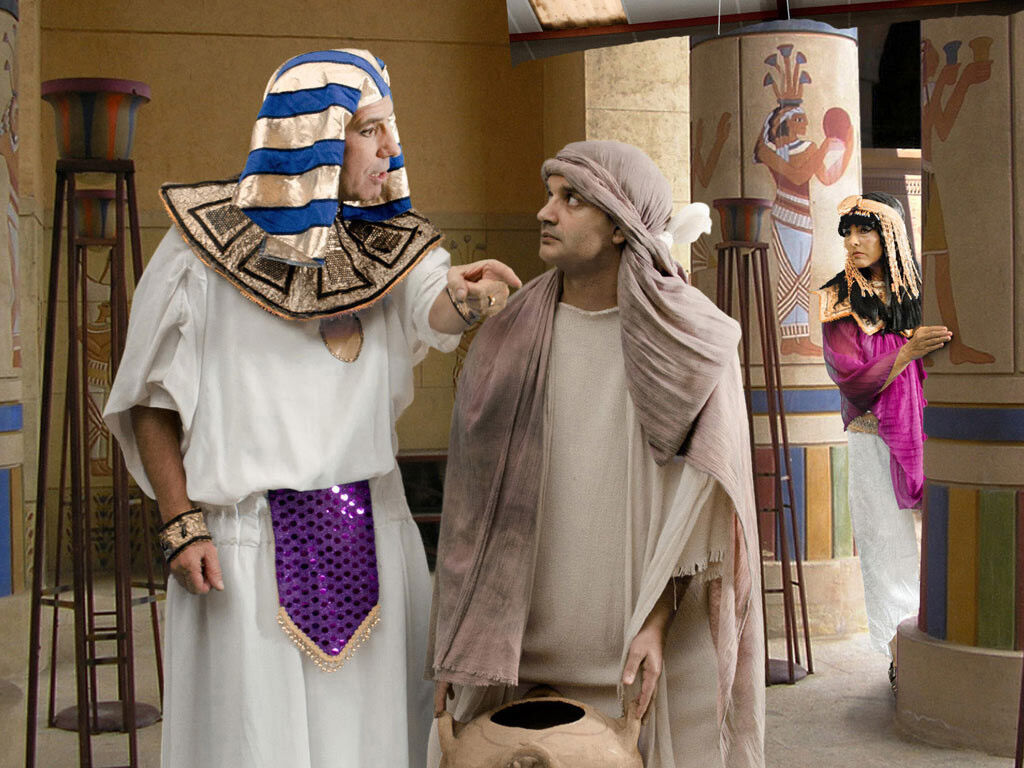



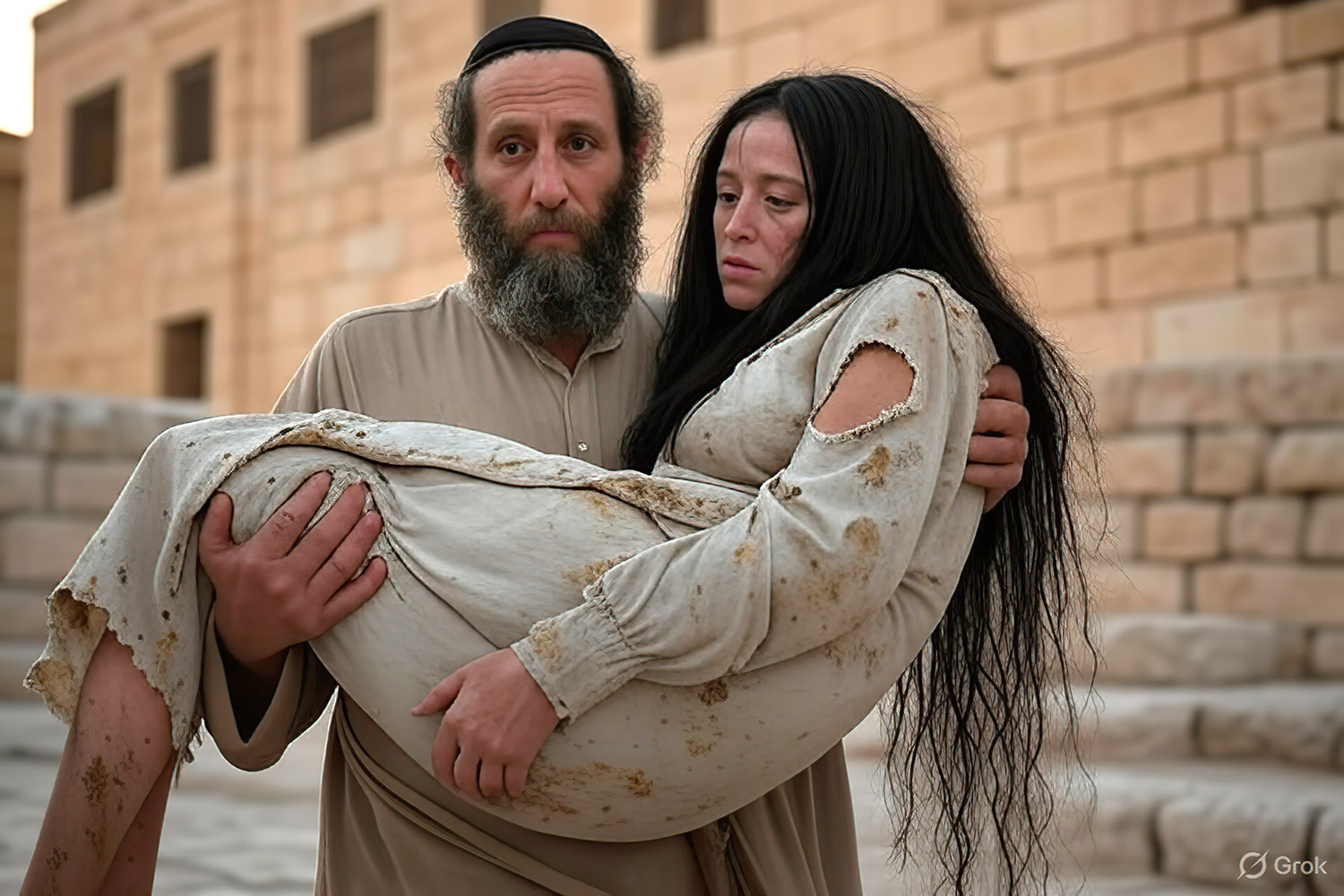


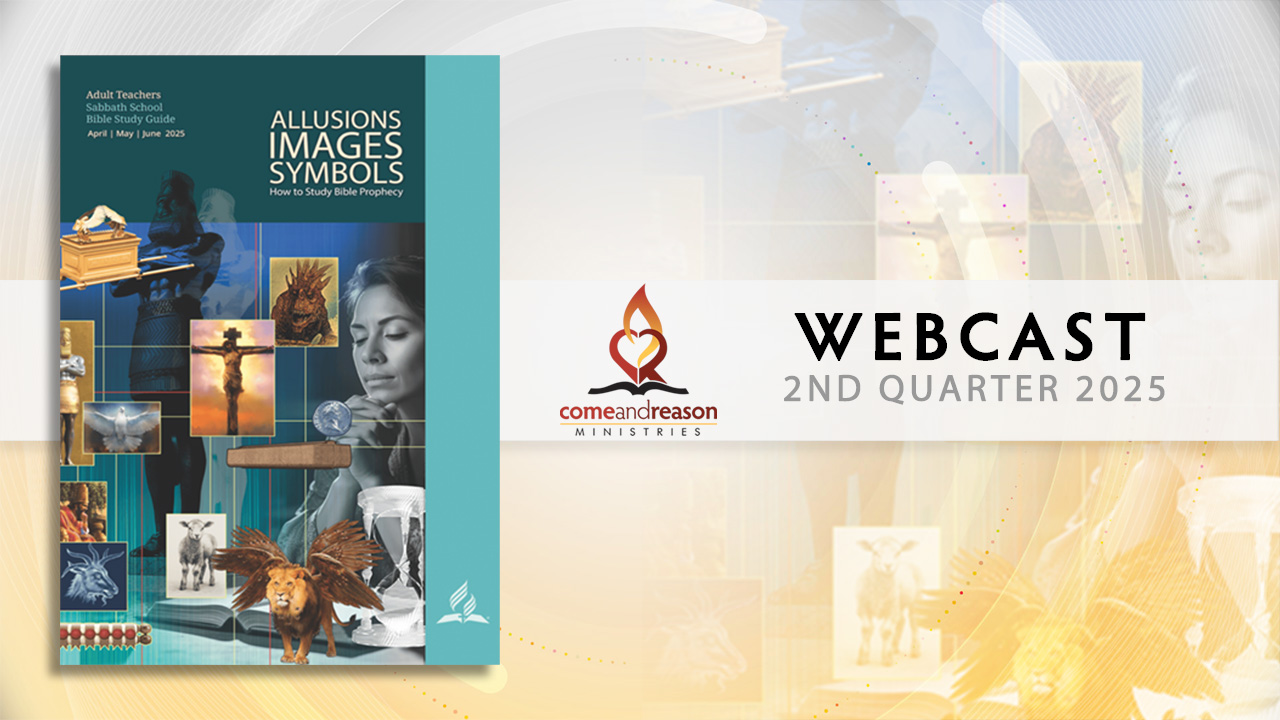
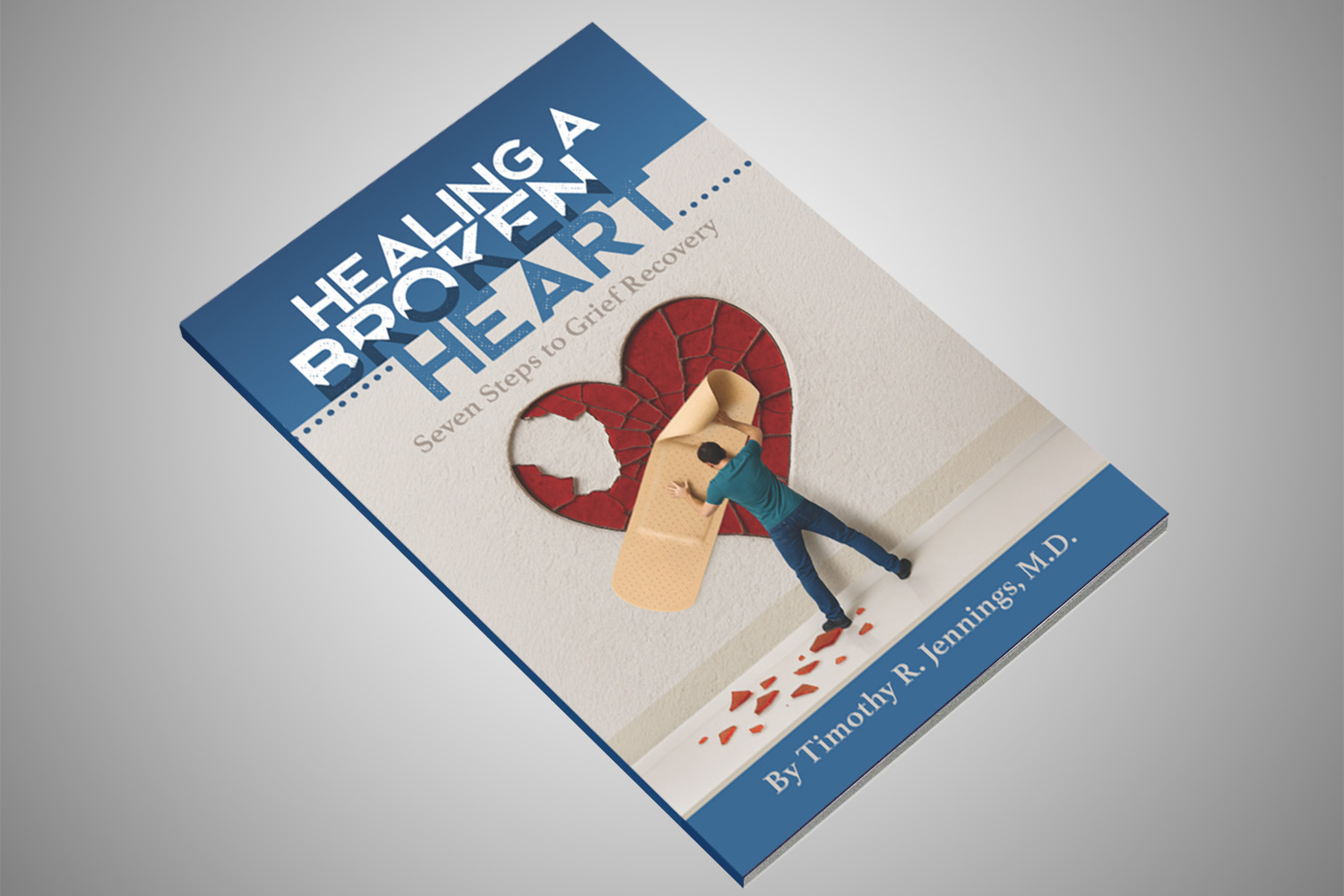
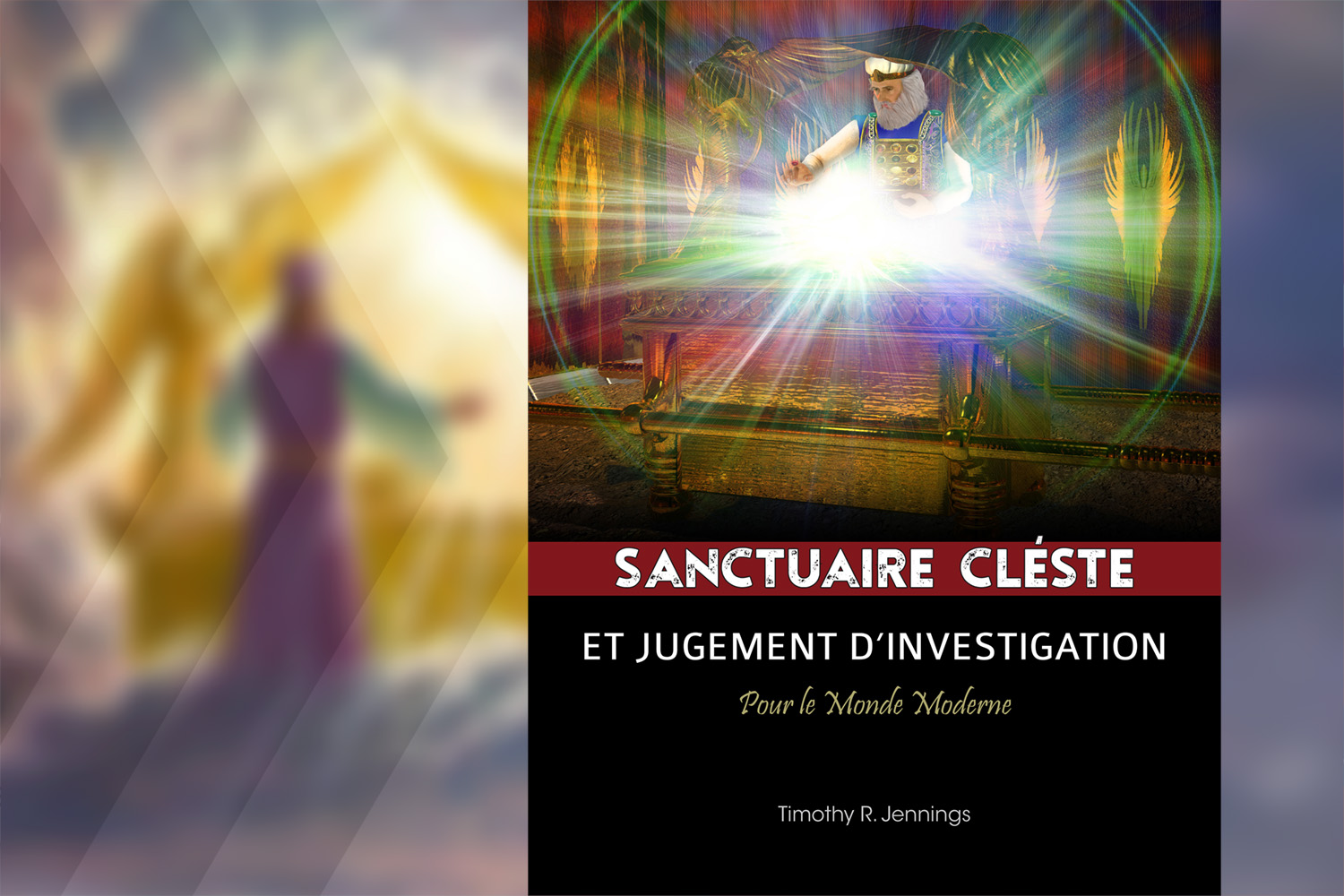
 using your credit or debit card (no PayPal account needed, unless you want to set up a monthly, recurring payment).
using your credit or debit card (no PayPal account needed, unless you want to set up a monthly, recurring payment).
 instead?
instead?